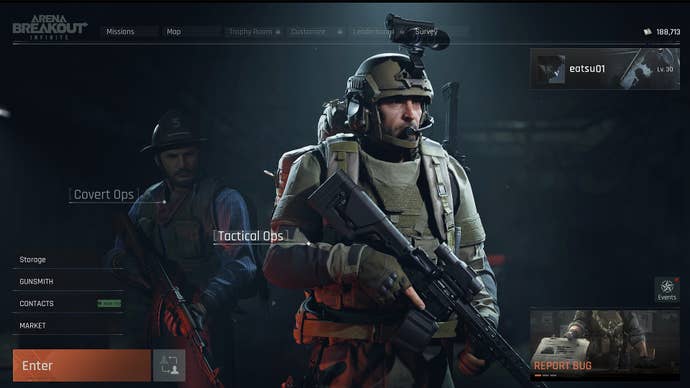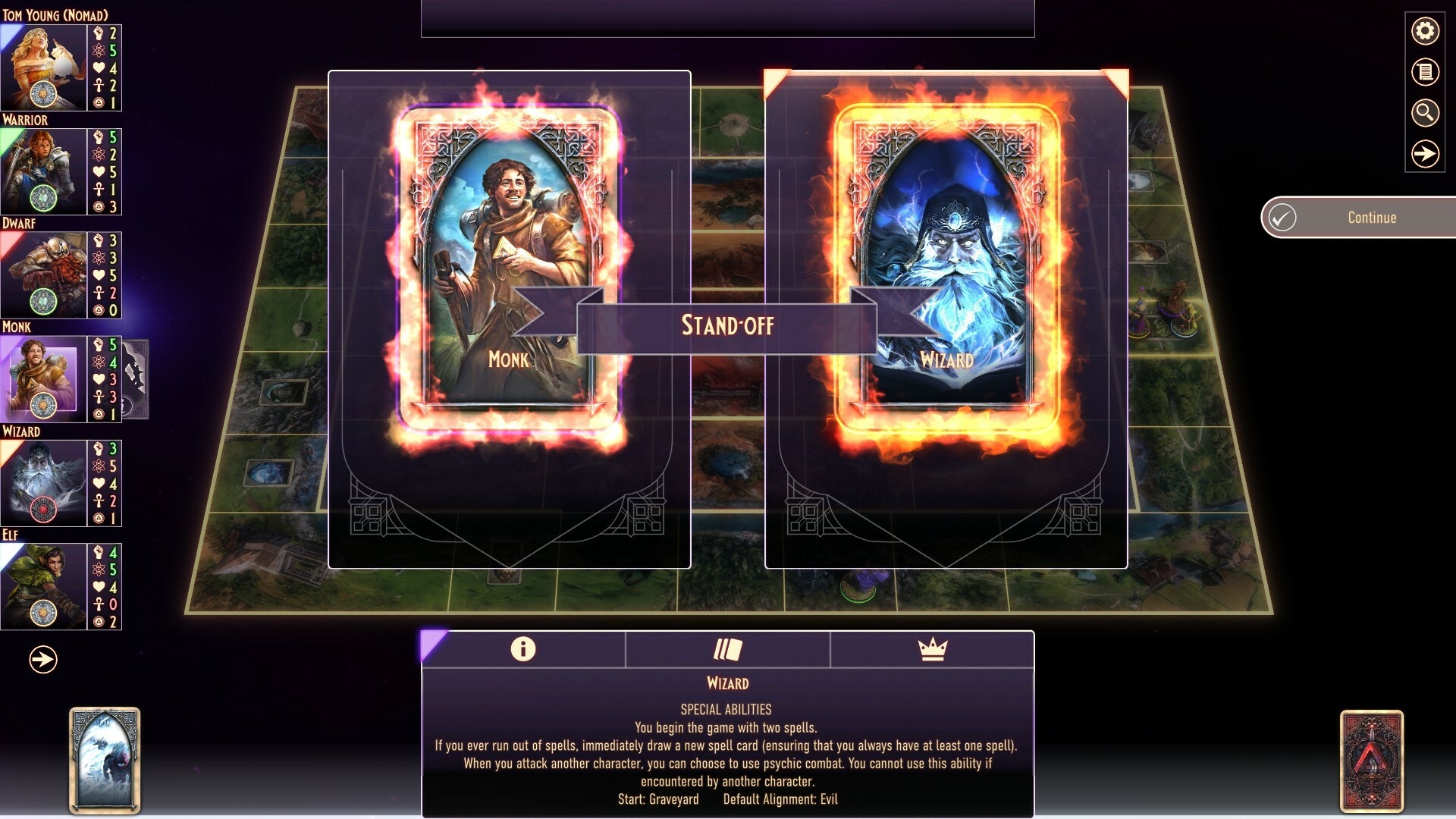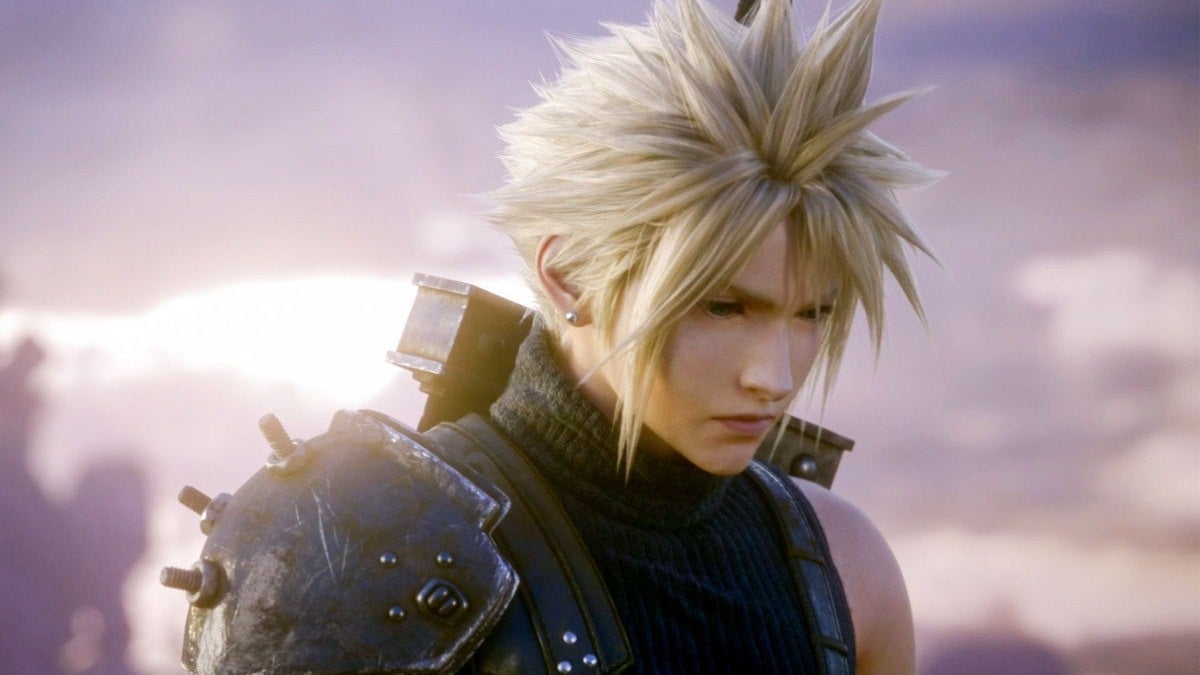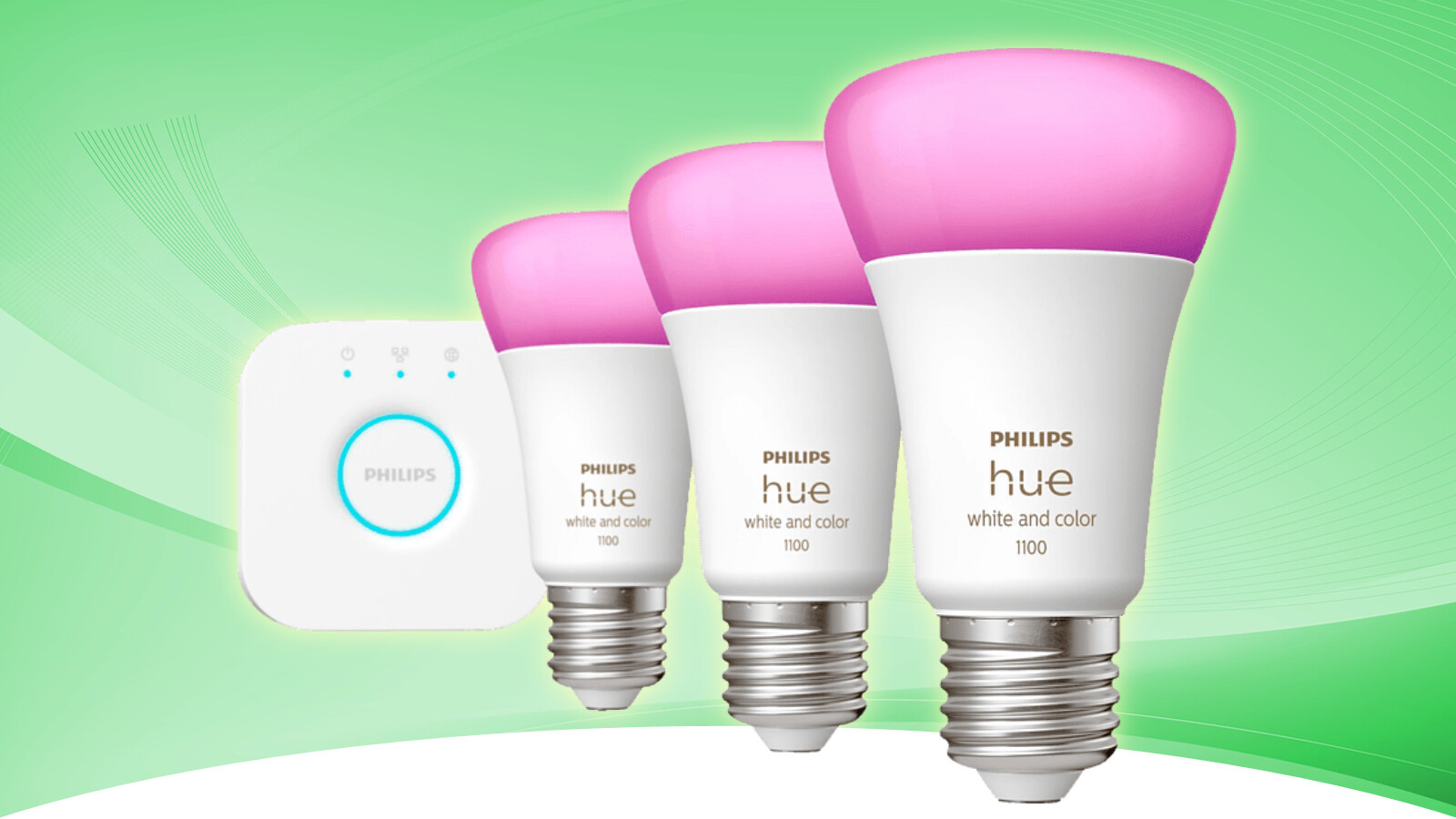Suggesting that a Chinese company is trying to replicate the success of a major Western competitor by creating its own version of a product is a timeless statement that requires no context. This is not uncommon in the video game world – there was a very high-profile case with Overwatch and Chinese clones, for example, and more recently with Hearthstone, Palworld, and Valorant. Yes, this trend have I’ve become a little shameless recently.
Tencent, a Chinese conglomerate with a presence in the West that is widely considered one of the largest technology companies and game publishers in China and around the world, has been investing more and more money in Western teams in recent years.
This seems like a smart strategy, but it apparently hasn’t stopped the Chinese financial giant from cultivating its own teams in China, which currently appear to be developing legally different versions of the West’s most popular games.
Manage Cookie Settings
In most industries this would be an outright accusation, but the gaming industry is different. Everyone knows that a genre is only truly born when someone copies a popular game, adapts it, and sets the trend. Roguelikes, Soulslikes, Metroidvanias, Bullet Heavens (or: Survivors-likes) are all good examples. But there has always been an unwritten rule: Don’t copy. All
Tencent is responsible for two games that I would like to highlight here: Delta Force: Eagle Force and Arena Breakout: InfiniteThe first one at least had the legendary IP associated with it, but when you see it in action, it feels like a rip-off of Battlefield’s multiplayer. More specifically, it draws quite a bit of inspiration from Battlefield 2042.
The maps emphasize destruction, and the maps look a lot like the most iconic and well-known maps in the Battlefield series. It features a cast of characters that resemble the fearsome heroes of Battlefield 2042. And, just like them, they also have unique equipment and passive abilities. Even its extraction mode seems to be inspired by the ill-fated Danger Zone in Battlefield 2042.
The only real difference is that the Black Hawk Down-inspired event was also a tech showcase.
As a long-time Battlefield fan, I’m mostly fine with all of this. I’m not happy about Hawk Ops’ decision to remake Battlefield 2042 instead of Battlefield 3 or Battlefield 4, but any long-time Battlefield fan knows that Battlefield needs some real competition.
This is especially true considering other shooters have either poorly recreated the core of the series or eschewed it entirely. But my problem is that while some of Hawk Ops’ soldier abilities aren’t carbon copies of BF2042, they seem to be in the same vein. Maybe my opinion will change when I get my hands on it, but right now, it feels like the developers have artificially limited themselves to what’s already available.
Arena Breakout: Infinite is the more curious and daring of the two games. It’s the product of Tencent’s Morefun Studios, a team that doesn’t seem to have any experience with shooters. The name of the game may be mundane, but it’s Tencent’s take on Escape from Tarkov.
Tarkov remains the premier evacuation shooter, and it practically invented the subgenre. People have tried to recreate its formula, and while some have been more successful than others, none have come close.
Breakthrough is the closest thing to, well, entertainment Tarkov – except it’s free to play. Gameplay-wise, it attempts to smooth out some of Tarkov’s roughest edges by reducing the fear of losing gear in a failed raid and allowing for some persistence between raids.
When you see it in action, it’s hard to tell the difference between Breakout and Tarkov. This includes everything from the visual quality, the color palette, the weapon and character animations, and the way the game handles weapon sights and cameras – everything is too close. So close, in fact, that the Tarkov developers directly accused MoreFun of stealing their code.
Equally curious are the names of these studios, which seem to be there just to add a layer of confusion. Clearly, anti-Chinese sentiment is on the rise in the West, especially in social media and technology. It’s no exaggeration to say that Tencent doesn’t want its famous name associated with every game it makes. This may also be one of the original intentions of creating sub-brands such as Level Infinite; if you look closely, you can tell they are backed by Tencent, but most people don’t look closely enough.
But one thing Tencent can’t seem to change is its insistence on making its games available on mobile as well as PC and consoles. I don’t think I need to explain why this limits the game’s mechanical depth and visual quality.
Although Arena Breakout: Infinite itself is not Technically The game evolved from the mobile game Arena Breakout, and it actually feels like an expanded version of the mobile version of Tarkov. However, Hawk Ops will be available on all platforms–assuming all platforms can play together.
I understand the size of the mobile audience and how profitable it is for Tencent (especially given the closed nature of gaming in China), but this also forces it to make safe games that need to entertain a wide range of players. As lightly polished clones, these games have become diluted, and the necessity of mobile versions robs them of the advantages they would have had if they were focused on their respective niches.
Only time will tell the staying power of each of the accepted games, but right now, they all look like games that want to be successful everywhere and be for everyone, a formula that rarely makes for interesting games.










